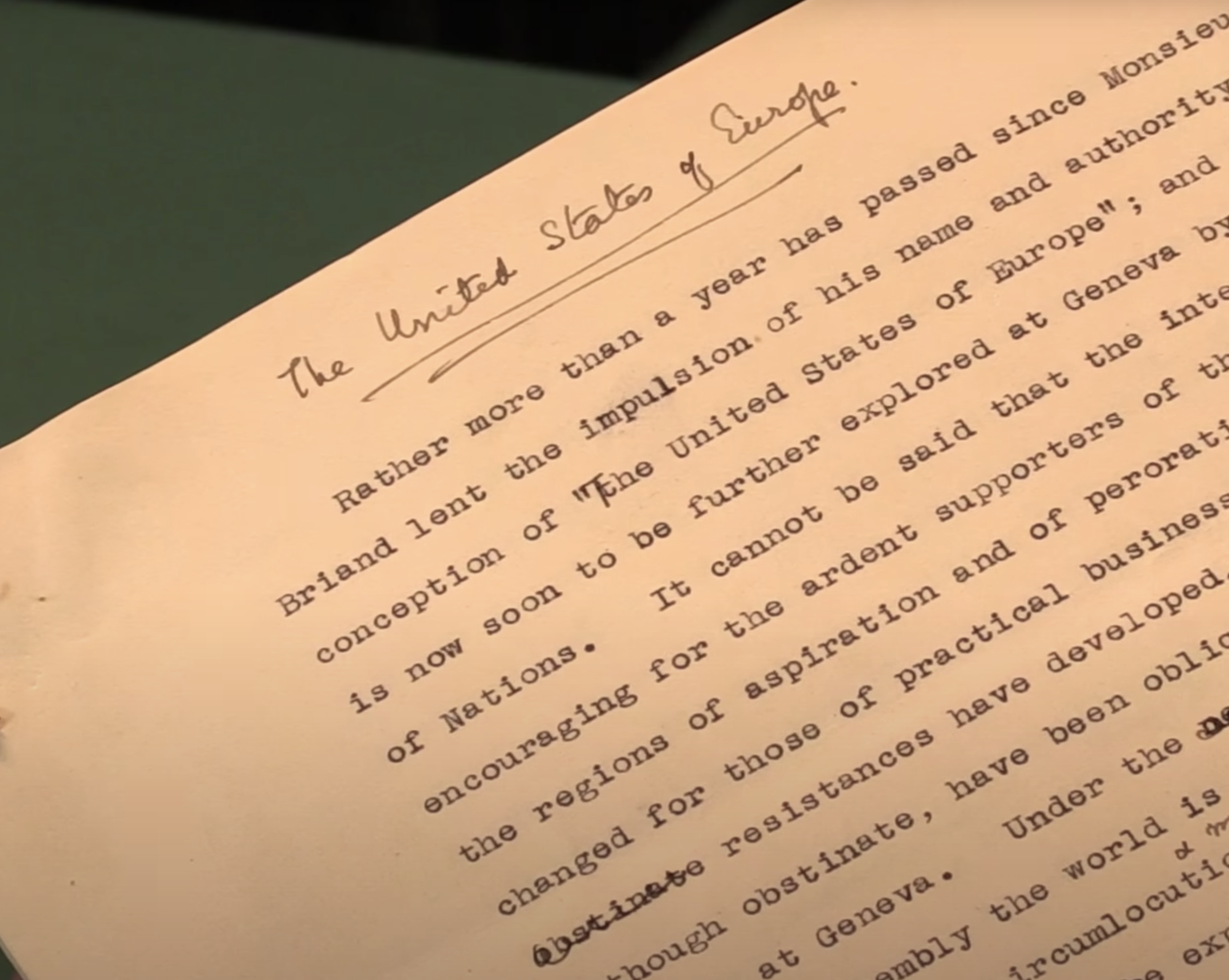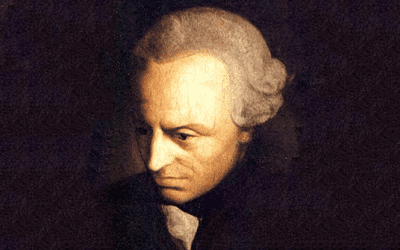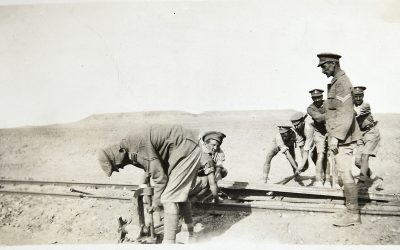The United States of Europe, Winston S. Churchill. Signed Transcript with extensive autograph emendations. 1931.
You can view our first edition of The United States of Europe here.
Presented by Adam Douglas, Senior Specialist in Literature at Peter Harrington Rare Books.
Quarto, 9 leaves, rectos only. Punch hole with treasury tag at top left corner.
Titled in manuscript by Churchill at the head of the first page, signed by him at the foot of the last, and with autograph corrections, emendations, and additions to every page. Light toning, faint creases from old folds, verso of the last leaf slightly soiled and with rust traces of a paper-clip, overall very good.
Original typescript of an article written by Churchill as part of a “series … on foreign affairs for Hearst newspapers … syndicated throughout the United States” (Gilbert V, p 407), this published 11 January 1931. The article records Churchill’s thoughts arising from Aristide Briand’s “Memorandum on the Organization of a System of European Federal Union” submitted to the League of Nations in 1930.
“Confronted with the vast project of Pan-European unity, the States and races of the Old World … don’t want to have it”, Churchill remarks, despite the fact that, as Churchill the historian points out, “when they look back upon the past, they must observe that under the Romans Europe was, in fact, all one: and that under the Catholic and Feudal system, she was, in principle, all one.”
Perhaps the major stimulus to such a union in the future will be envy: “If they look across the Atlantic, they cannot fail to notice the existence of a Commonwealth of nearly a hundred and twenty million persons, possessing almost a continent … within whose frontiers no mechanical or artificial obstruction is placed upon the interchange of goods and services … Europe is envious of America.”
Believing that “the horrors of Armageddon are our present guarantee of peace … [&] the squalors of the Bolshevik tyranny are the best safeguard against a social convulsion”, Churchill unluckily predicts that “no violent upheaval will occur to stop or deflect the steady movement of European thought … the march towards European unification … will go forward”. As for Britain, “our attitude towards Pan-Europa is sympathetic, but detached. We are much entangled in Europe”, but the bonds of Empire and Commonwealth, and of the “English-speaking world, united by law, literature, custom, outlook and by great similarity of institutions and constitution” hold greater sway.
It was in discussion with his American publisher Charles Scribner the previous year that Churchill had begun to formulate the idea which was to bear fruit in the publication of A History of the English-Speaking Peoples nearly thirty years later, an idea which finds clear expression here: “The permanent , fundamental interest of the English-speaking communities is to keep together”. Overall the piece is as much a paean to America’s “massive strength and strong dynamic urge” and a statement of Churchill’s conception of the so-called special relationship as it is a discussion of the potentials of European unity.





